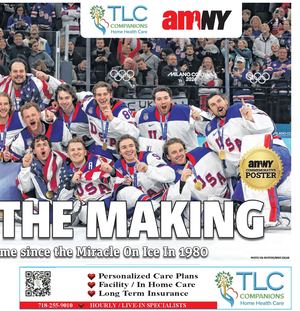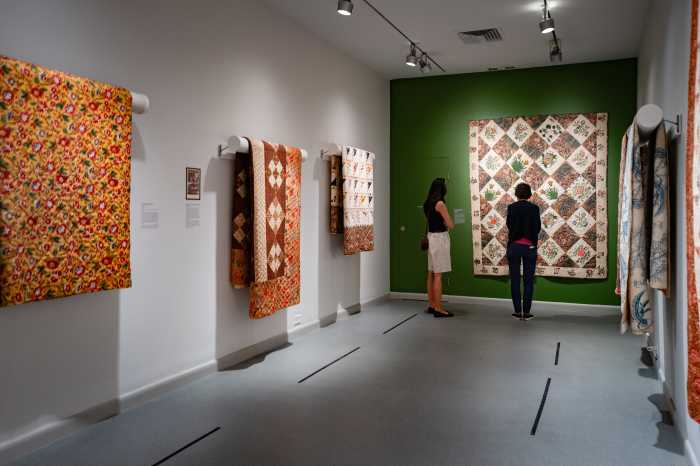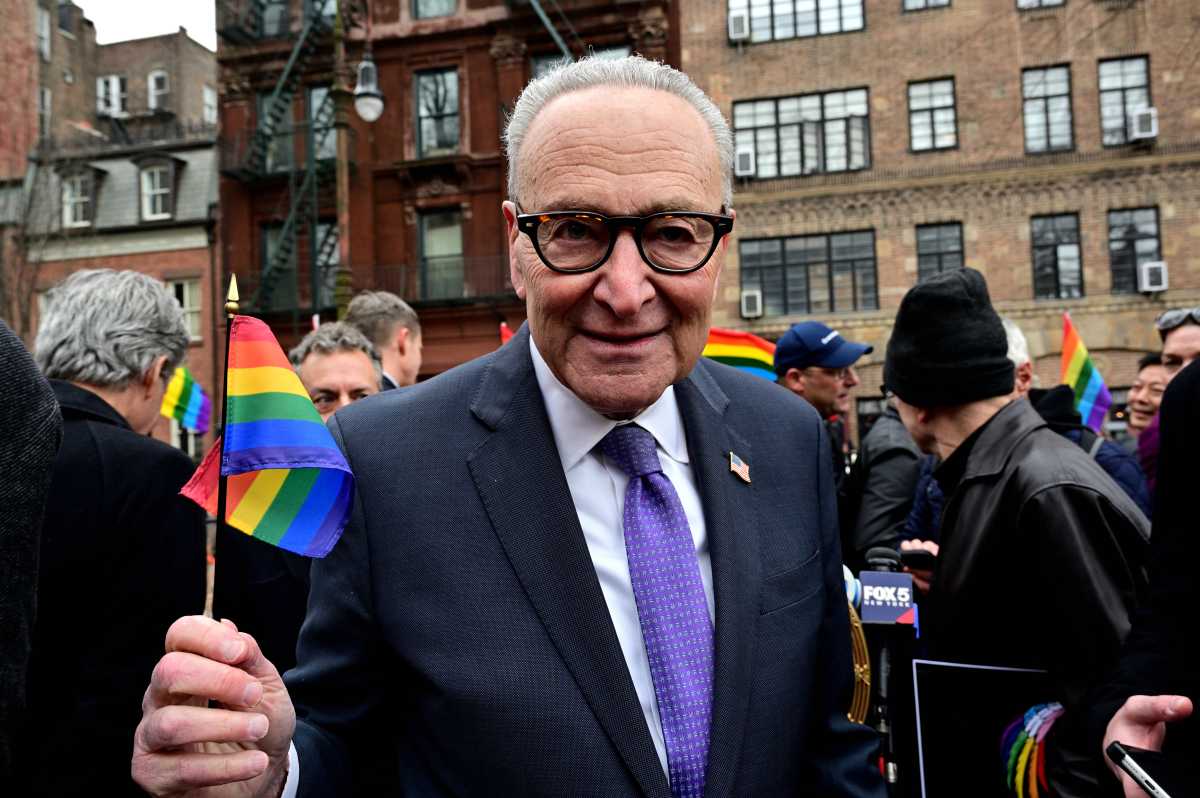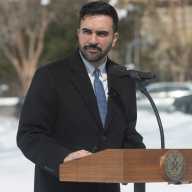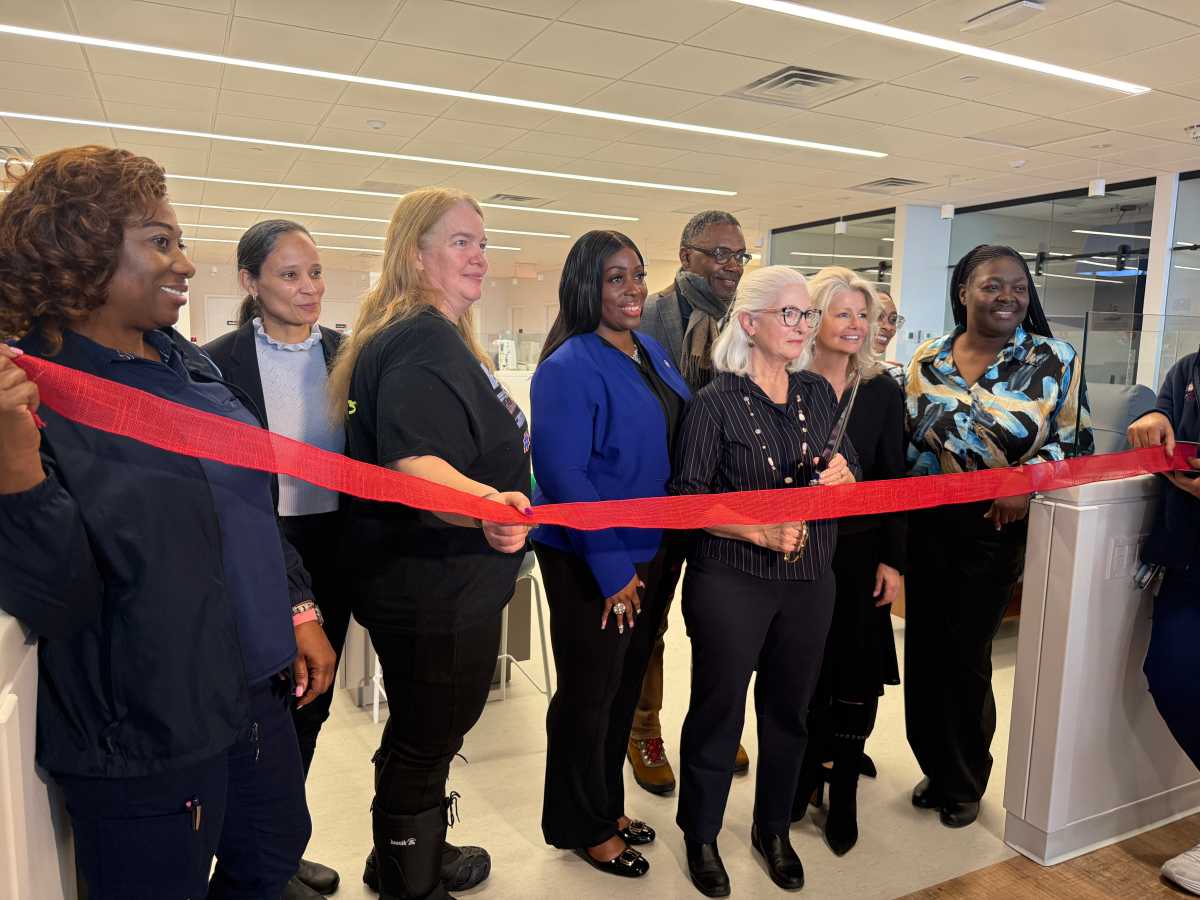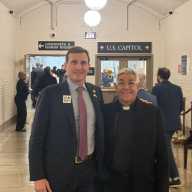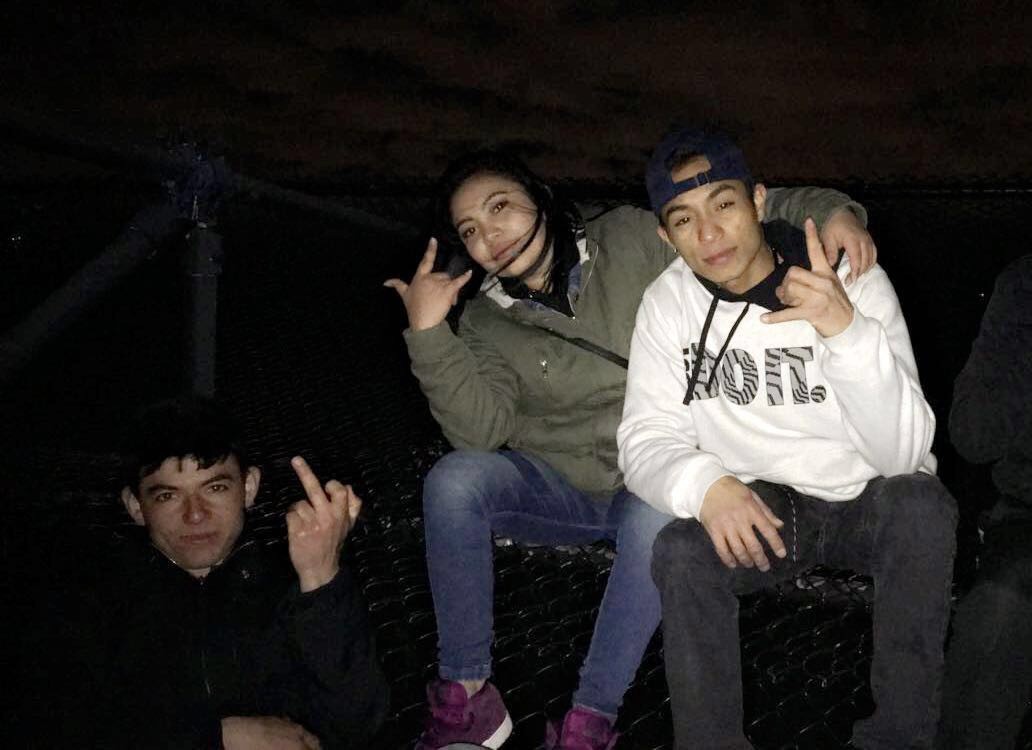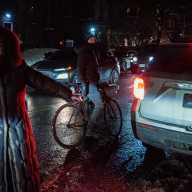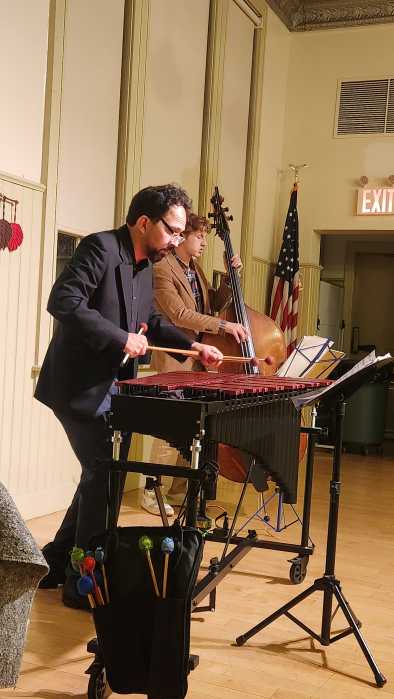By Julie Shapiro
The asthma that Lillian Bermudez’s two children developed after 9/11 is sometimes so severe that Bermudez has to take them to the emergency room.
Both children’s health improved when Bermudez enrolled them in Bellevue Hospital’s World Trade Center clinic, where the doctors were thorough and the medication was free.
But Bermudez said the clinic cut its hours at the end of last summer, around the time Bermudez’s job moved her up to 125th St., and she was no longer able to get her children to appointments. The children returned to their pediatrician, who has less sophisticated equipment, and Bermudez returned to paying $5 for their prescriptions, an amount that is sometimes a stretch on her budget.
“At Bellevue, they’re more aware of your illness,” said Bermudez, whose children are 16 and 19. “They do the testing and they know what’s going on. It’s better for those doctors to see [your children].”
Bermudez said the clinic used to have a pediatrician who saw children after school hours, but that doctor left and the new one only sees children during the day. The appointments are often several hours long, requiring children to miss substantial chunks of school, according to Bermudez and another parent.
Bellevue opened a clinic for adult residents and workers believed to have been affected by 9/11 in 2005 and expanded the program to children at the end of 2007. Only a handful of children had enrolled by last summer, and the center’s director would not say this week how many children the center is treating. Lorna Thorpe, deputy commissioner of epidemiology with the city Health Dept., said the pediatric clinic “hasn’t seen a lot of children.”
The children who are not going to Bellevue are likely going to their pediatricians instead. But while the city released guidelines in 2006 to help doctors treat adults exposed to 9/11, the city has not yet released guidelines to help pediatricians treat children.
“They should come out with the guidelines to get the doctors aware [of 9/11 health impacts],” Bermudez said, “because there are some that really don’t want to believe it.”
Catherine McVay Hughes, chairperson of Community Board 1’s W.T.C. Redevelopment Committee, thinks the 30,000 children who were Downtown on 9/11 get less attention than the adults because they have less political pull.
“Here you have a young, vulnerable population,” said Hughes, who is also founder of the informational Web site AsthmaMoms.com. “[Children] don’t have the infrastructure that unions and first responders had to get the assistance that might be needed.”
Hughes drafted a resolution, passed by her C.B. 1 committee last week, urging the city to release pediatric guidelines.
“We’re working on it,” the Health Department’s Thorpe said in a phone interview. “The goal is to get it out as quickly as we can but also to get it right.”
Thorpe is hoping to have the guidelines out by late spring or early summer.
“The challenge for us has been that there’s a much larger body of literature on what the health effects are on adults than on children,” Thorpe said. “We do need the guidelines [for children], but they’re harder to do.”
More than 100 scientific journal articles have been published about the health impact of 9/11 on adults, but fewer than 10 have been published about children, and most of those focus on mental health.
“It’s really a problem,” Thorpe said. “The identification of health problems [in children] has been limited. One could optimistically hope that that’s because fewer kids are experiencing health conditions, but we can’t assume that.”
More adults were exposed to 9/11 than children, and many adults had a more prolonged exposure, like those who worked on the pile for weeks afterward. Children are also harder to track, and it can be difficult to get definite answers on their symptoms when going through a parent as an intermediary, said Dr. Pauline Thomas, who did a study released in 2007 that showed children exposed to the dust cloud on 9/11 were more likely to have asthma.
“The biggest challenge is secondary information,” Thomas said. “How the heck is a parent supposed to know if a 3-year-old had heartburn?”
Thomas is one of the consultants working with the Health Dept. on the pediatric guidelines, but she said pediatricians are already trained to ask all patients about breathing or stomach problems, so doctors should be catching any 9/11-related illnesses — they just might not know they’re related to 9/11. Pediatricians may have less training on mental health effects, so the guidelines could be particularly helpful there, Thomas said.
“Hopefully the guidelines will be an alert to the medical community: Don’t forget to ask, not only about this disaster, but about exposure to other disasters,” Thomas said.
While Thomas’s 2007 study showed elevated levels of asthma in children several years after the attacks, she said the key question is what the long-term health impacts will be.
The city is tracking children and adults through its W.T.C. Health Registry, which has 71,000 people enrolled. The registry started with more than 3,000 children, but now the number is down to about 2,000 as many have turned 18. Parents of 1,000 of those children filled out the city’s recent follow-up survey, and the city is now examining the responses to find out how many children are still sick, Thorpe said.
“They should be doing more studies for kids,” said Alicia Schwartz, a Southbridge Towers resident whose son developed asthma after 9/11. “They still need more information.”
The pediatric guidelines could also help parents recognize the symptoms of asthma in their children and get them treatment, Schwartz said.
Like Bermudez, Schwartz pointed out problems with Bellevue’s pediatric clinic. Her son, now 13, was getting monthly treatments at Bellevue, but Schwartz switched him to a specialist instead because the appointments at Bellevue often lasted half a day and her son had to miss too much school.
“I love the fact that they’re very thorough, but the problem is that it’s not convenient for the kid or the parents,” Schwartz said.
Terry Miles, executive director of the Bellevue clinic, did not return calls for comment.
Hughes, the C.B. 1 member, said she still wants the Bellevue center to succeed, but it would have been better if it opened sooner after 9/11, like the program for first responders at Mount Sinai Medical Center. Then kids with health problems would have been in a central location, where it would have been easier to collect data, Hughes said, and “We wouldn’t be in the position we’re in today.”
Hughes is concerned that many kids who are seeing pediatricians won’t get the same quality of care they would receive at Bellevue. One in four medical schools don’t teach students about environmental health impacts, and those that do offer an average of less than 10 hours of instruction, Hughes said, citing a report from the Pediatric Clinics of North America. Many pediatricians also do not have machines that test pulmonary function, Hughes said.
“I’m certain that some children are being missed and should be referred,” agreed Thorpe, the deputy Health commissioner. “The most we can do is educate, educate, educate, both the general public and physicians.”
For more information about the Bellevue clinic, call 1-877-WTC-0107.
Julie@DowntownExpress.com
